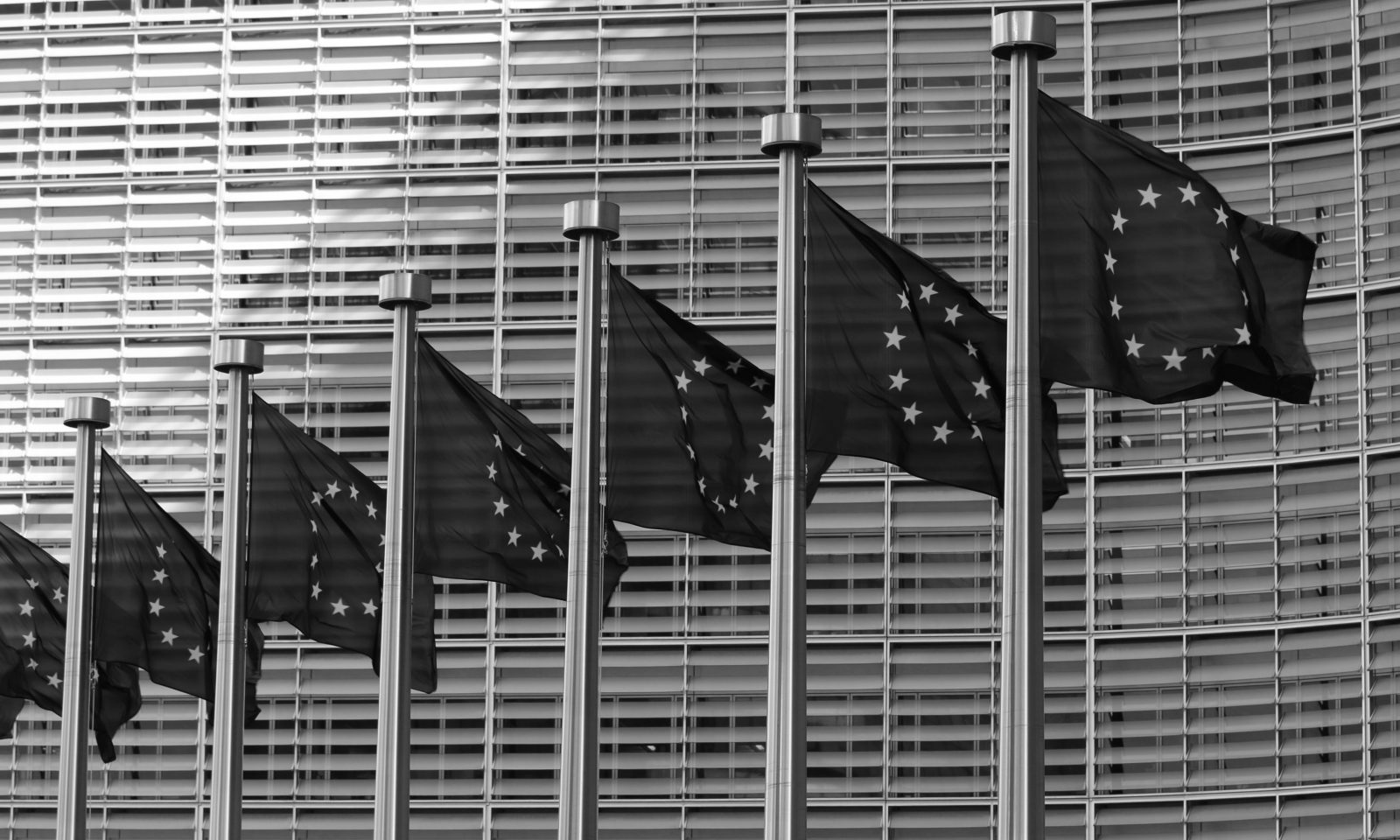Who won Eurovision Best Copyright Reform? How many points did Slovenia get?
In June 2022, Communia launched a competition for the best implementation of the Directive on copyright and related rights in the Digital Single Market (DSM Directive). The “Eurovision DSM contest” aims to track the implementation of the DSM Directive in the 27 EU member states.
Three years have passed since the adoption of the DSM directive. Slovenia is also among the competitors, as at the end of September, with the amendments to the Copyright and Related Rights Act (ZASP-I) and to the Collective Management of Copyright and Related Rights Act (ZKUASP-A), it finally implemented the DSM Directive. With this project, Communia assesses how well countries have implemented the DSM Directive into national legislation and awards points to member states (the maximum possible number of points is 12). Slovenia fared quite poorly and received a total of 6 points. The countries with the most points are Germany and Sweden, which have earned 10 points, on the other hand, 7 countries are still late in implementation.
A lower number of points was awarded to Slovenia due to the problematic process of adopting the legislation, as it went through an urgent legislative procedure. The drafters of the reform justified it as a necessary one due to the sanctions threatened by the EU Commission for the implementation delay, while critics warned that it was a distortion of the democratic process.
It is important to point out the exception for teaching, which was significantly worsened by the implementation of the DSM Directive. Although the DSM Directive gave the legislator the possibility to implement the exception as a free use of the works for this purpose (that is, without compensation), it instead opted for an obligation to pay compensation and the possibility to override the exception in the event that licenses of the publishers are available on the market. According to the exception in the part governing distance education, the use of the work for the purposes of illustration in the lesson is chargeable, but in the event that licenses are available on the market, the exception cannot be used at all.
On the other hand, the bonus point was awarded to Slovenia because of the very good exception for text and data mining, which will empower research and educational institutions, and also because Slovenia finally has a general exception for scientific research, although it could be introduced into the legislation as early as the implementation of the Directive on the harmonization of certain aspects of copyright and related rights in the information society from 2001.
“Can copyright bring artificial intelligence to its knees? Which other circumstances may cause that the “making” of generative AI can dramatically change in the (near) future. This short paper presents potential challenges that copyright poses to the training of the machines on large amount of data. Different jurisdictions address these issues differently. In the USA the legality of these activities is tested in several court cases. Do gentlemen’s agreements and pragmatic symbiosis known from the “search engines business model” provide sufficient basis and/or incentive for the business model of “making” generative AI business model as well?
On Friday, September 27, 2024, the last day of the international conference “Converging Realms: Law, Technology, and Society in the Age of Ethical and Multi-Agent AI” took place. Dr. Maja Bogataj Jančič took part in the 4th panel entitled Artificial Intelligence+Research.
Today, September 26, 2024, a specialist training for persons who will perform the role of data stewards or related profiles of data experts was organized by the Central Technical Library (CTK) at the University of Ljubljana as part of the SPOZNAJ project, at which Dr. Maja Bogataj Jančič also lectured on the subject of open science and copyright.
At the end of this week, between September 26 and September 27, 2024, Dr. Maja Bogataj Jančič will attend the international conference “Converging Realms: Law, Technology, and Society in the Age of Ethical and Multi-Agent AI”.




